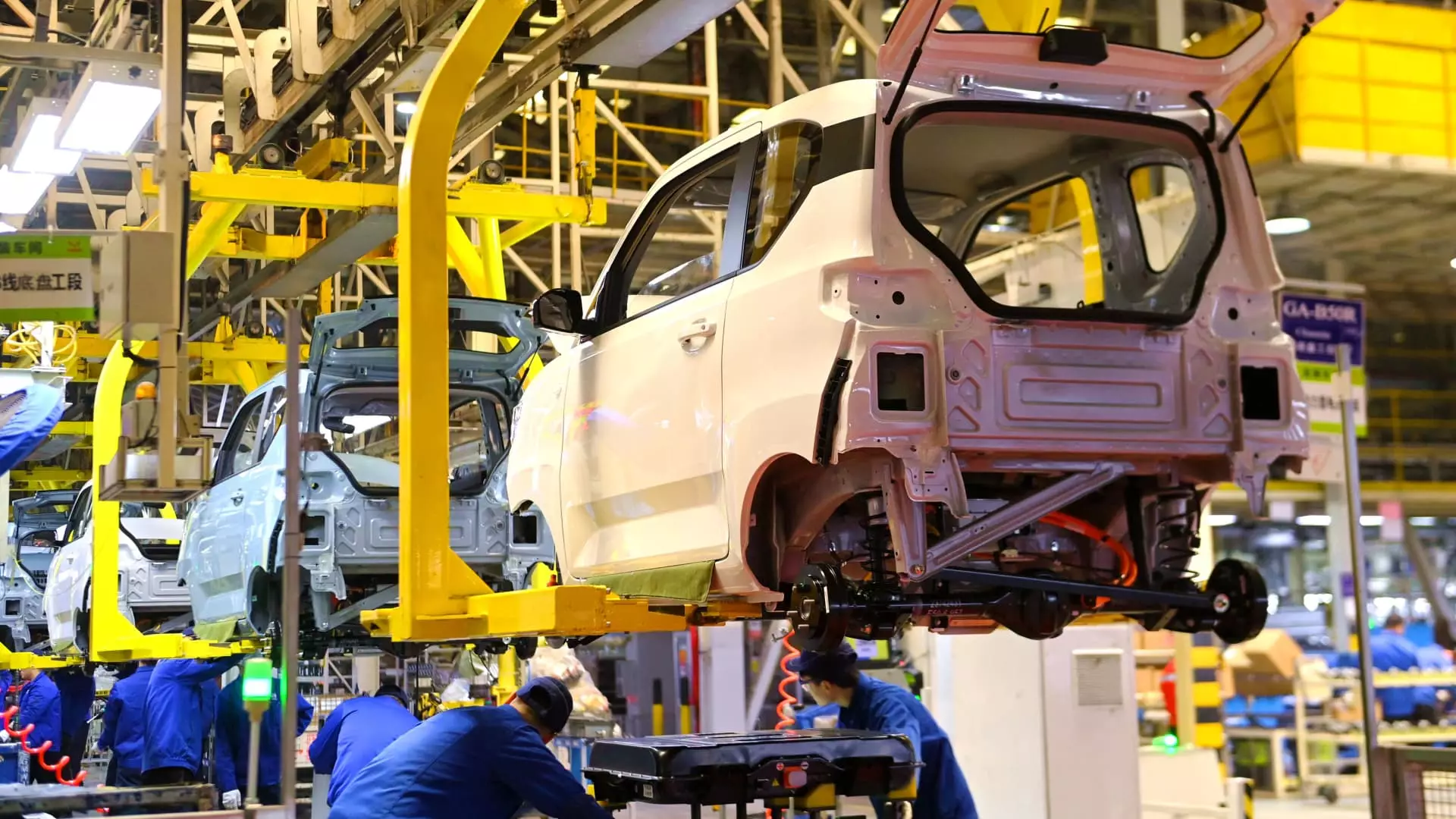China has invested a staggering $230.8 billion over the span of more than a decade to nurture its electric car industry, according to analysis unveiled by the Center for Strategic and International Studies. This monumental financial backing represents 18.8% of total electric car sales between 2009 and 2023. However, despite the massive injection of funds, the ratio of government spending to EV sales has significantly decreased from over 40% before 2017 to slightly above 11% in 2023.
As China continues to strengthen its electric car market, the EU has taken a firm stance by planning to impose tariffs on Chinese electric car imports due to the utilization of subsidies in their production. Notably, the U.S. has already announced a hike in duties on Chinese electric vehicle imports to 100%. This move signifies growing concerns about the competitive advantage that Chinese electric car manufacturers may possess over Western automakers.
Scott Kennedy, trustee chair in Chinese Business and Economics at CSIS, emphasized the disparity between the policy landscape in China and the United States in fostering electric car industries. While Beijing has implemented comprehensive non-monetary policies to support domestic automakers, the U.S. has fallen short in creating a conducive environment for the development of its own electric car sector. Kennedy highlighted the need for Western automakers and governments to adopt a more proactive approach towards electric vehicles.
Despite the substantial government support and rapid growth of Chinese EV companies, profitability remains a major challenge. Companies like BYD have experienced a decline in net profit per car, while even industry leader Tesla has seen a drop in profits. The intense price war in the EV industry has further exacerbated the situation, leading to increased competition and financial strain on businesses. The emergence of numerous players in the market has raised concerns about oversupply and the need for industry consolidation.
Looking ahead, the landscape of the electric car industry is poised for significant changes and challenges. With governments around the world ramping up efforts to promote clean technologies, there is a growing emphasis on supporting the adoption of electric vehicles. The U.S. has taken steps to incentivize electric car purchases through legislation such as the Inflation Reduction Act, which provides a tax credit for qualifying buyers. However, the disparity in government support between China and the U.S. remains evident, with Chinese consumers benefiting from higher subsidies per electric car purchase.
China’s electric car industry has witnessed remarkable growth and investment, but the road ahead is fraught with challenges. As the global shift towards sustainable transportation gathers momentum, it is imperative for all stakeholders to collaborate and innovate to overcome obstacles and drive the widespread adoption of electric vehicles. Only through strategic partnerships, technological advancements, and regulatory frameworks can the electric car industry achieve long-term sustainability and success.

